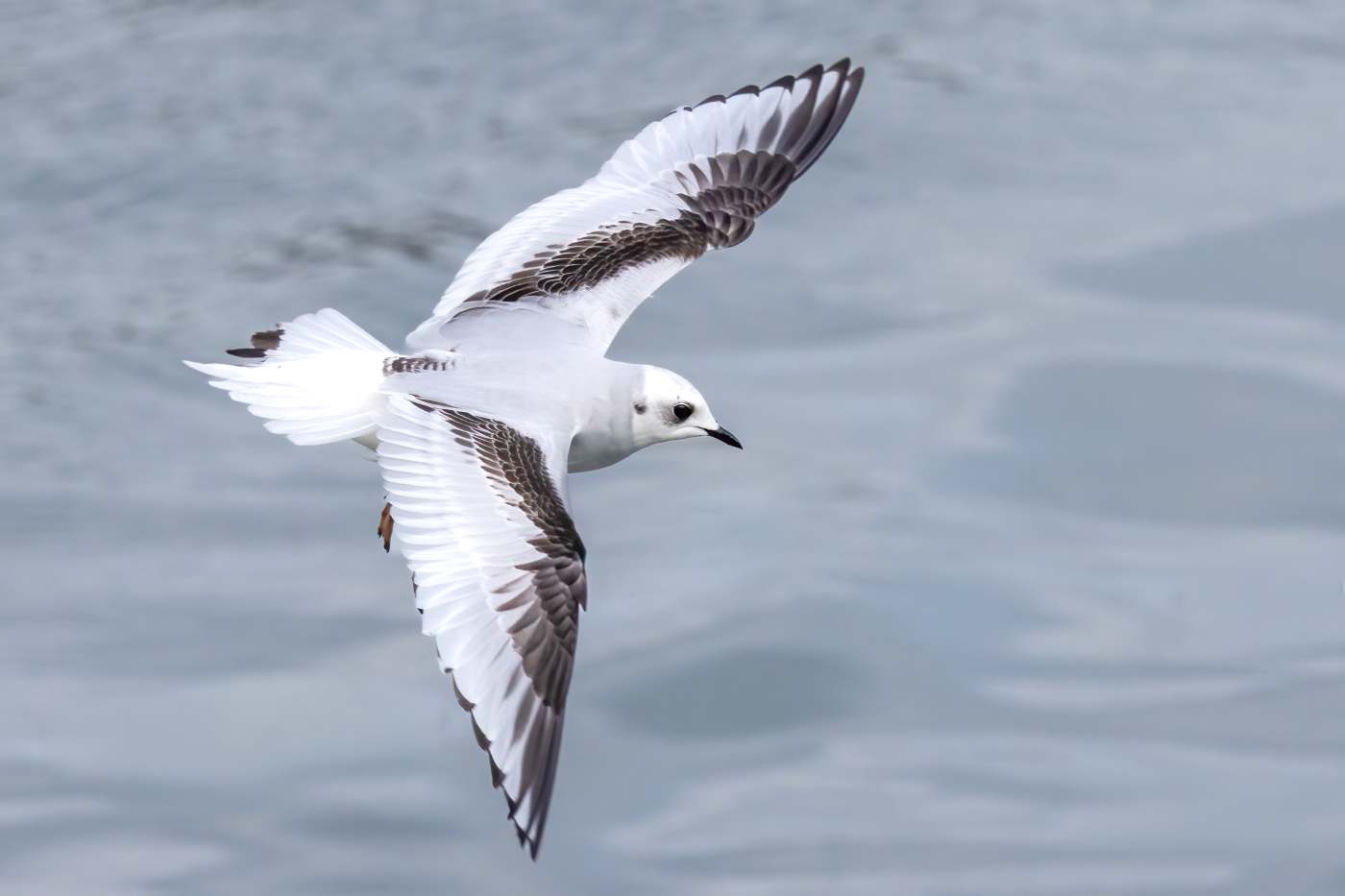The good news is that the Slater Fund has now agreed to open full funding up to commercial fishermen who want to undertake their Class 2 ticket.
The funding also includes covering course fees, accommodation and some travel.
The good news is that the Slater Fund has now agreed to open full funding up to commercial fishermen who want to undertake their Class 2 ticket.
The funding also includes covering course fees, accommodation and some travel.
Murky it was at first thing as daylight pushed back against a heavily overcast sky...
though the market was full of hake trips from some of the netters...
luke the Stelissa...
and Ajax...
in addition to the hake there werte good supplies of pollack...
red mullet...
Dory...
and ray wings from the Crystal Sea now back to her normal routine of landing for Monday's market...
a few inshore boats made landings of quality fish like these monk tails...
black bream...
brill...
and a handful of paws...
mackerel are almost non-existent on landing dockets...
while red is definitely the in-colour this morning...
for a few punts...
good to see Mr Smith back on the pollack...
and a turn up for the books, a handy-sized tuna made it to market...
meanwhile, every skipper and their crews will be wondering when they will get more than two days of favourable weather per trip!
as dozens of birders eager to see an extremely rare visit...
 |
| Photo courtesy of Cornwall Birds CBWPS |